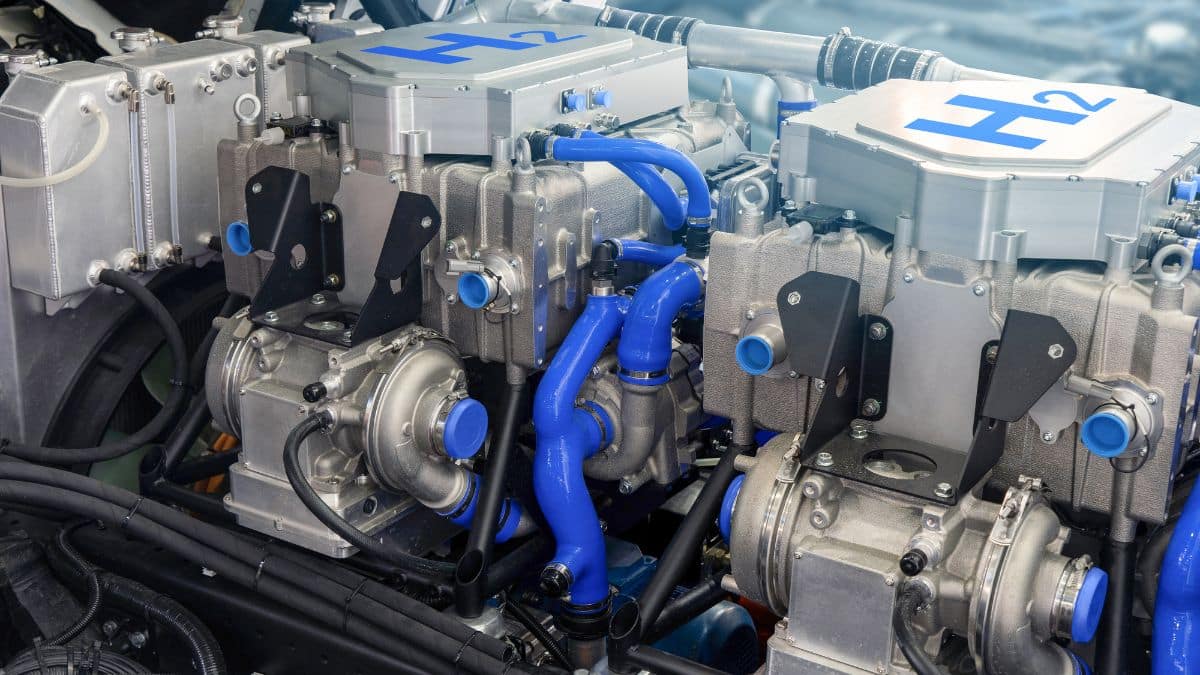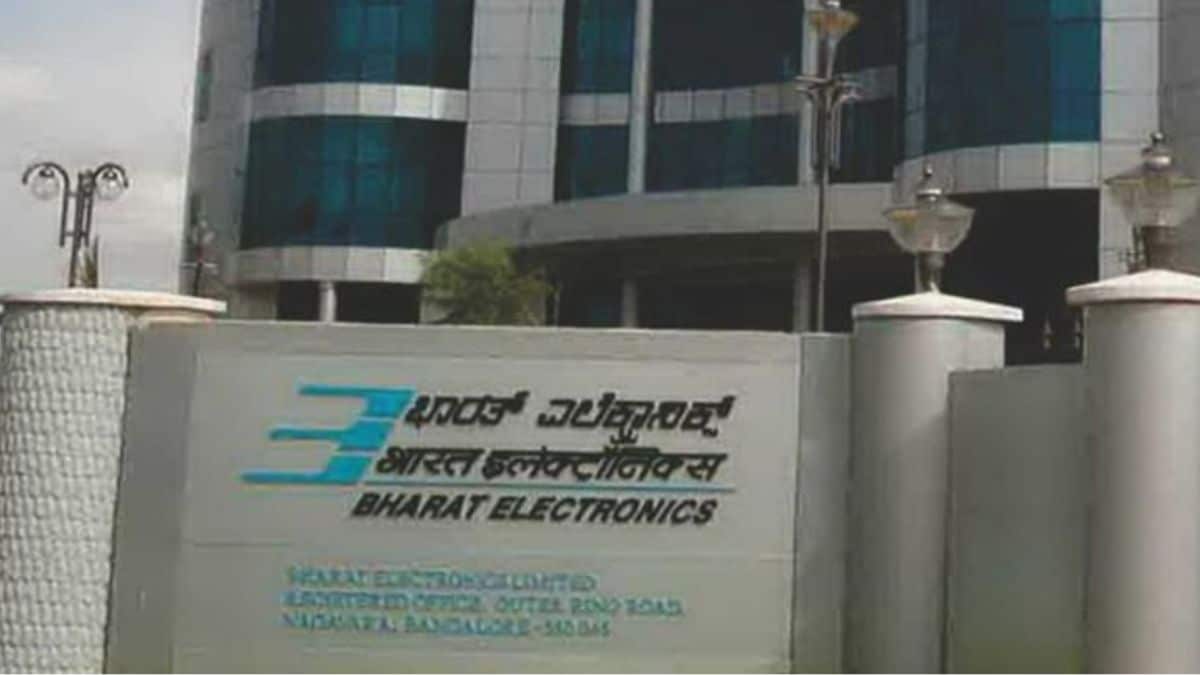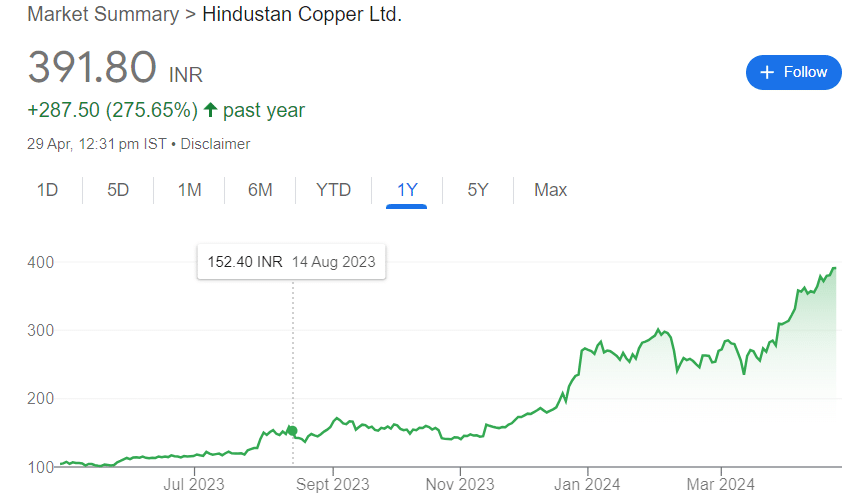Hydrogen Fuel Cell Engine: Unleash the potential of hydrogen fuel cell engines: a cleaner, efficient, and sustainable future for transportation.
also read: Use Of Hydrogen Fuel: Unleashing the Power of Hydrogen & Fueling the Future
Introduction: Hydrogen Fuel Cell Engine
In the ever-evolving landscape of automotive technology, one innovation stands out for its promise of a cleaner, more sustainable future: the hydrogen fuel cell engine. While electric vehicles have gained significant attention in recent years, hydrogen fuel cell vehicles (FCVs) offer a compelling alternative, combining the efficiency of electric propulsion with the rapid refueling and long-range capabilities of traditional gasoline-powered cars. In this article, we delve into the inner workings of hydrogen fuel cell engines, explore their advantages, and examine their potential to transform the way we drive.
Hydrogen Fuel Cell Engine: Brief
At the heart of a hydrogen fuel cell vehicle lies the fuel cell stack, a marvel of engineering that converts hydrogen gas into electricity through an electrochemical process. Unlike conventional internal combustion engines, which rely on burning fossil fuels to generate power, fuel cells produce electricity by combining hydrogen with oxygen from the air, emitting only water vapor and heat as byproducts. This emission-free operation represents a significant step forward in combating air pollution and reducing greenhouse gas emissions, making hydrogen fuel cell vehicles a key player in the fight against climate change.
One of the most compelling advantages of hydrogen fuel cell technology is its unparalleled efficiency. Unlike battery-powered electric vehicles, which require lengthy charging times, FCVs can be refueled in a matter of minutes, offering drivers the convenience and flexibility they have come to expect from gasoline-powered cars. Additionally, hydrogen fuel cell vehicles boast impressive range capabilities, often surpassing those of their electric counterparts. With a single tank of hydrogen, drivers can travel hundreds of miles without the need for frequent recharging, making FCVs well-suited for long-distance travel and addressing range anxiety, a common concern among electric vehicle owners.
Furthermore, hydrogen fuel cell engines offer versatility in their applications beyond passenger vehicles. From buses and trucks to trains and even maritime vessels, fuel cell technology has the potential to revolutionize transportation across various sectors, paving the way for a cleaner, greener future. Moreover, hydrogen fuel cells can serve as a crucial component of renewable energy systems, providing a means of storing and utilizing excess electricity generated from sources such as wind and solar power. This ability to store energy in the form of hydrogen offers a solution to the intermittent nature of renewable energy sources, enabling greater integration of sustainable power into the grid.
Despite these promising advancements, challenges remain in the widespread adoption of hydrogen fuel cell technology. Chief among these is the need for a robust infrastructure to support the production, distribution, and refueling of hydrogen fuel. While significant investments have been made in recent years to expand hydrogen refueling stations, further expansion is needed to make FCVs accessible to a broader audience. Additionally, the cost of producing hydrogen fuel cells remains a barrier to mass adoption, although ongoing research and development efforts aim to drive down costs and improve efficiency over time.
Conclusion: Hydrogen Fuel Cell Engine
In conclusion, hydrogen fuel cell engines represent a revolutionary leap forward in automotive technology, offering a clean, efficient, and sustainable alternative to traditional gasoline-powered vehicles. With their rapid refueling times, long-range capabilities, and emission-free operation, FCVs have the potential to reshape the transportation landscape and usher in a new era of environmentally friendly mobility. As investments in hydrogen infrastructure and technology continue to grow, the vision of a hydrogen-powered future is closer than ever to becoming a reality.
also read How Do Fuel Cell Electric Vehicles Work Using Hydrogen?











1 thought on “Hydrogen Fuel Cell Engine: Unleashing the Power of Hydrogen”
Comments are closed.